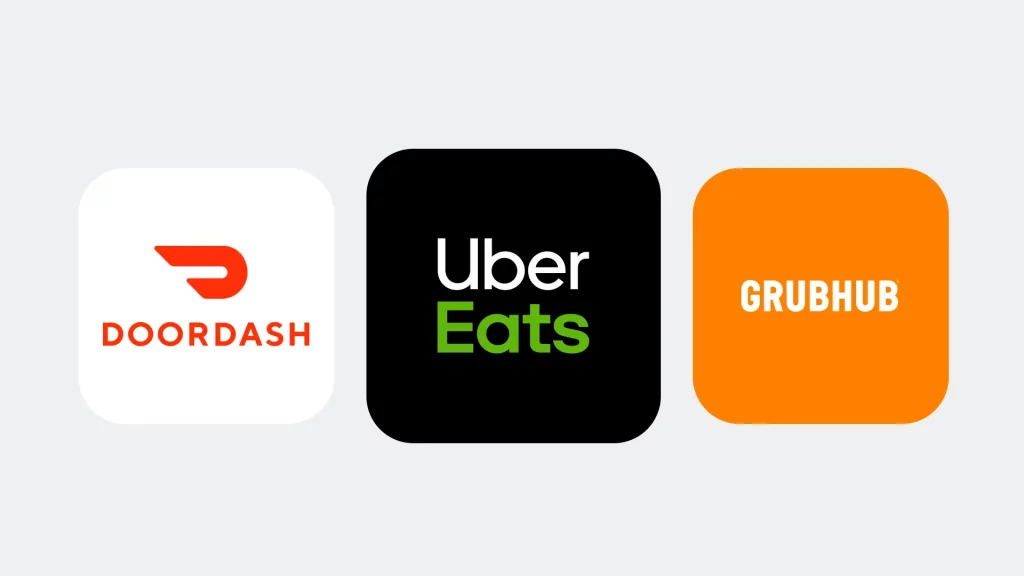Bloomberg: Local Delivery Alternatives Bite Into DoorDash, Grubhub, and Uber

Candy Yiu and several partners opened Malka, a 30-seat restaurant in Portland, Ore., in January 2020—less than three months before the city went into lockdown and restricted indoor dining. They started using Caviar (owned by DoorDash Inc.) for limited deliveries, despite being “shocked” by the fees.
The experience prompted Yiu—an engineer with Intel Corp.—to explore the economics of restaurant delivery. She and her husband, Akshay Dua, soon founded an alternative, Slurpalicious, in Astoria, a city on the coast two hours from Portland where they own a small hotel. Restaurants can sign up for free; customers pay 7% of their order plus 60¢ per mile; drivers get the delivery fees and any tips, earning $15 to $30 per hour, depending on the time of day, Yiu says. “Our mission is to have affordable delivery and fair pay for drivers,” she says.
When DoorDash arrived in Astoria in April, it signed up some chains but none of the 25 or so restaurants that use Slurpalicious. Yiu is planning to team up with a local taxi service to expand the area served by the app, and she’s working to adapt the software for use by restaurants elsewhere.
Jim Sanderson, an equity analyst at Northcoast Research, says there’s room for both big national apps and locals such as Slurpalicious and LoCo. But if the popularity of the alternatives continues to grow and they keep bringing prices down, they could threaten the bigger services’ most profitable segment: independents that pay high commissions. In that case, Sanderson says, “if I’m DoorDash, I’d be shaking in my boots.” [Read More]
Add Comment
Your email address will not be published. Required fields are marked *
